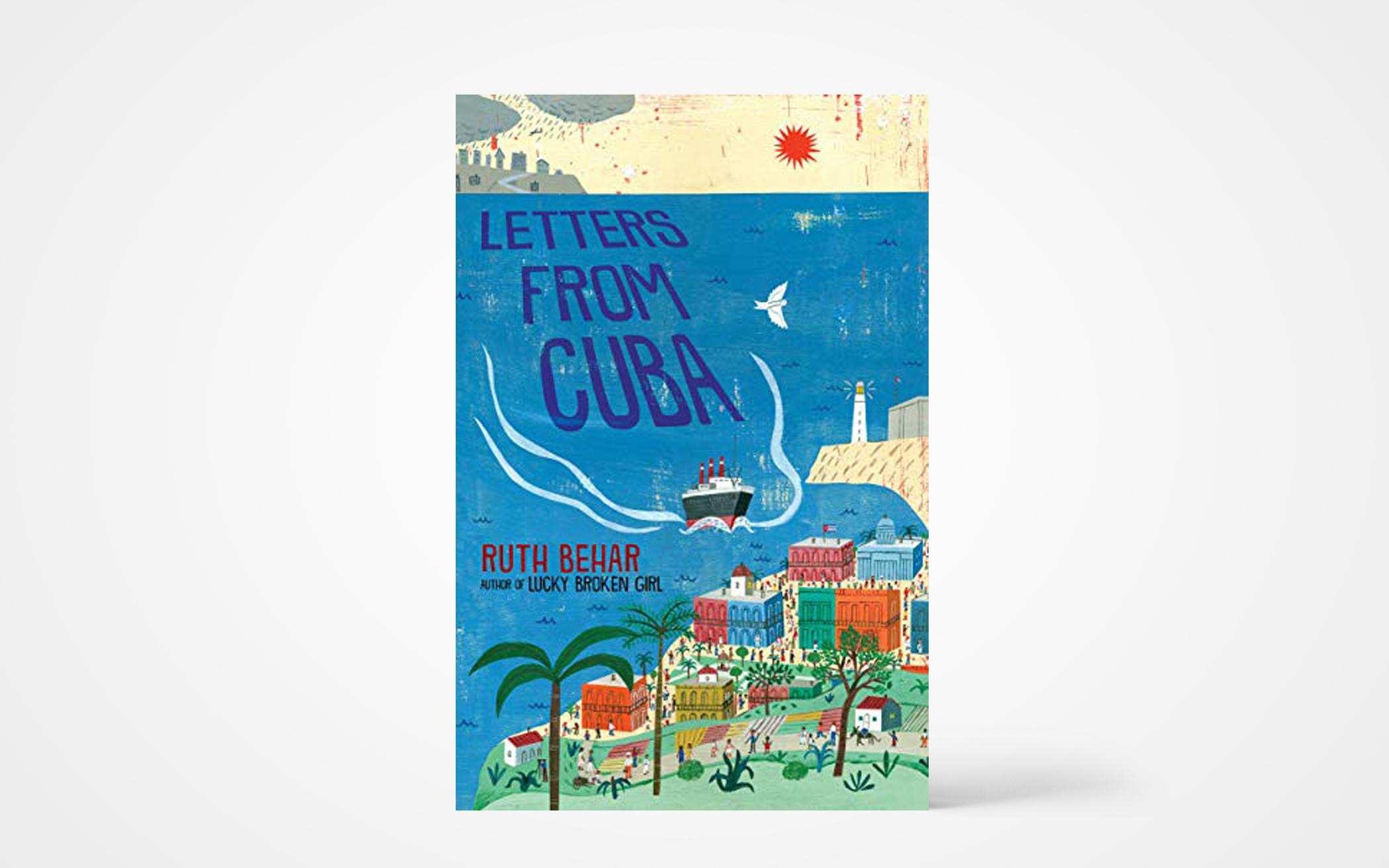At the dawn of World War II, life in Poland is becoming more dangerous for Jews. Eleven-year-old Esther and her family have already experienced hardship since Papa fled to Cuba three years ago to earn sufficient funds to bring his family to freedom.
Now Papa has saved enough money for passage for only one child and has decided that his son should come. But Esther is older and writes to her father begging him to choose her: “By birthright, it is I who should come. ... Don’t think less of me because I am a girl.” Esther is thrilled when Papa agrees. She promises her younger sister, Malka, that she will write letters to her describing all she sees and learns. Though the letters won’t be mailed, Esther assures Malka that once the family arrives in Cuba, Esther will share the letters privately with her.
Initially, Esther is amazed at the kindness she encounters in Cuba. In the village of Agramonte where Papa and Esther live, they are embraced by loving people from different religious, ethnic, and socio-economic backgrounds. Esther no longer feels reviled for being Jewish. But her sense of peace is shattered when a wealthy man who supports the rise of Nazism in Germany begins to persecute Papa and her. She realizes that she and her people will always be vulnerable.
Esther and her father struggle to survive, until Esther’s gift for sewing lands her opportunities she could never have dreamed of back in Poland. Papa is concerned that Esther is taking on the burdens of an adult, but Esther thinks that “in times of emergency, a child must rise up and act older than her years.” And that’s what Esther does—she builds bridges to people who are different from her, works hard to earn money to bring her family to Cuba, fights injustice, and learns to love her new home.
Insightful and informative, this novel for middle school readers, though mostly fictional, is based on the author’s family history and subtly teaches the importance of respecting all people and fighting oppression in whatever guise it presents itself. Young readers who have been taught and believe in the saving work of Jesus might have questions about the religious beliefs mentioned in the narrative: Judaism, African ancestor and spirit worship, and atheism. (Nancy Paulsen Books)
About the Author
Sonya VanderVeen Feddema is a freelance writer and a member of Covenant CRC in St. Catharines, Ontario.

